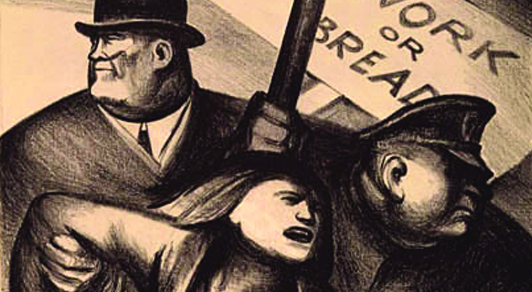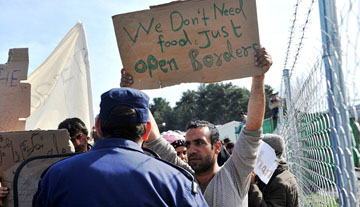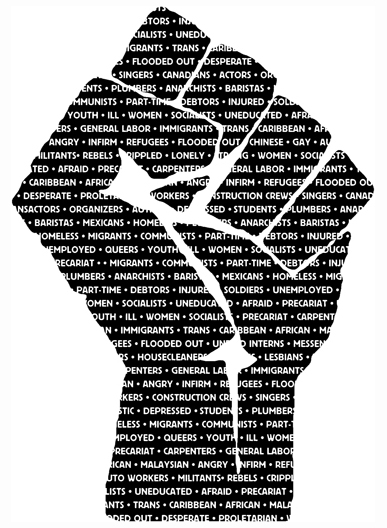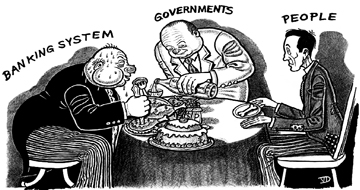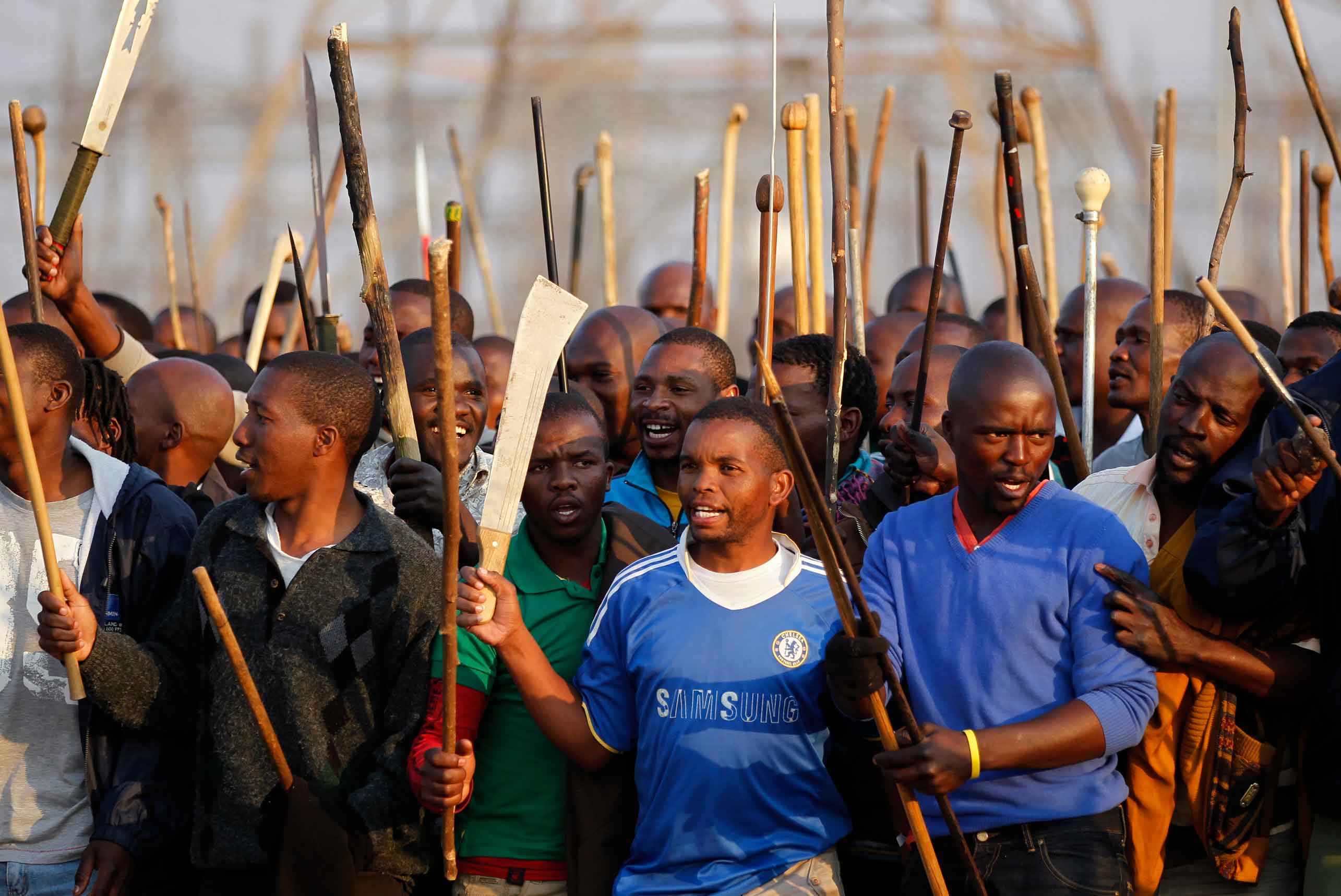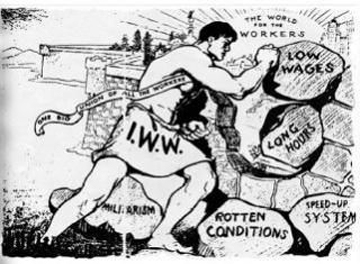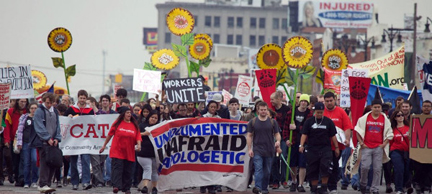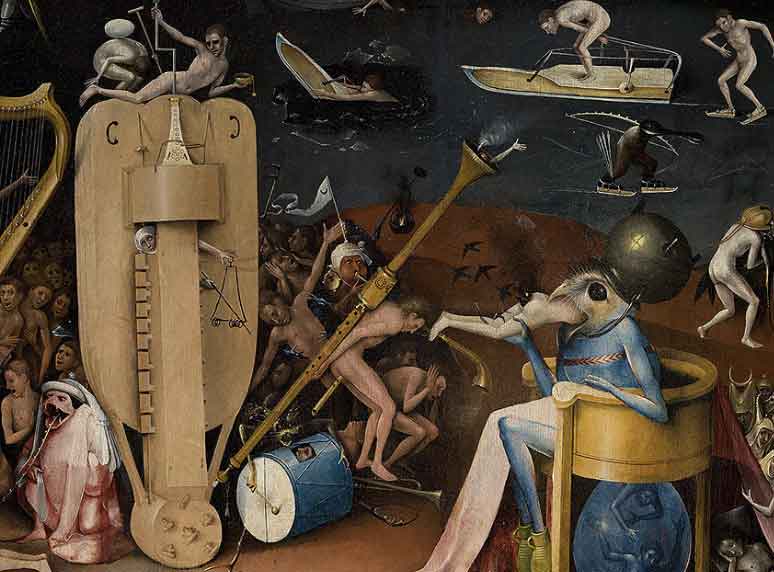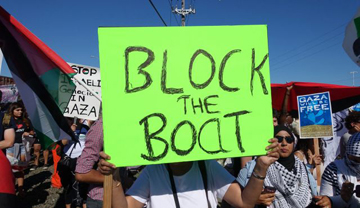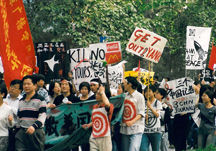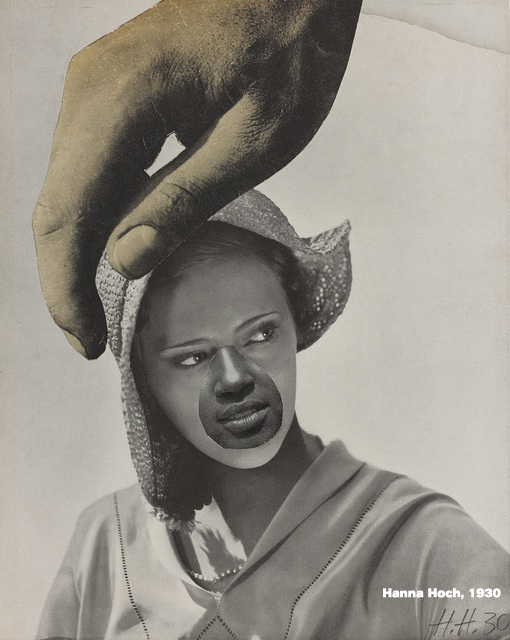Fiction from The Busted Boom
The 30s were a time of turmoil for most and a decade shaping the terrain of the way life was to be lived on the edge—in shadow or in light.
Day 1, Session 5—Solidarity Without Borders
Are we witnessing the formation of an historic bloc via precarity unlike formations in the prior history of capitalism? We are witnessing Greek workers welcoming refugees to Greece as the central European banks push them towards brutal levels of austerity not seen in Europe since WWII.
Day 2, Session 1: Imperialism Today: Super-Exploitation and Marxist Theory
Presentation and discussion with Walter Daum Imperialism was first analyzed by Marxist theorists a century ago. Today it still dominates the world but has greatly changed: production, not just trade, is globalized; profits rely on the super-exploitation of hundreds of millions of proletarians in the Global South. This session will discuss the transformation of the ... Read more
Marxist Summer Intensive: July 15-17
Through collaborative study and discussion, we aim to provide a challenging learning environment so each participant can develop his/her own theoretical and analytic tools to advance our organizing and movement building work in order to broaden opposition to capital locally, nationally and internationally.
Day 2, Session 2: Looking at Class Consciousness, Class Struggle and Self-Organizing Using Image Theater
"I believe that all the truly revolutionary theatrical groups should transfer to the people the means of production in the theater so that the people themselves may utilize them. The theater is a weapon, and it is the people who should wield it. —Augusto Boal
Day 2, Session 3: Public Banking
This session will explore the concept of public banking as an organizing and programmatic strategy for fighting the power of the private banksters and for raising the fundamental question of who should control public monies and decide how they are invested.
Day 2, Session 4—Southern Insurgency: Mass Movements Throughout the Global South
It is essential that we considers the broader historical forces in play today throughout the Global South, such as the effects of imperialism, the decline of the international union movement, class struggle, and the growing reserve army of available labor on a global scale.
Day 3, Session 1: Slackers, Sabotage, and Syndicalism
The term "slacker” originated during WWI and disparaged those (primarily Irish) coded “lazy," “vagrant," and resistant to a proper Protestant work ethic; it also referred to those who would not fight on the side of the Americans (and of course, the British) during WWI.
Day 3, Session 2—Beyond Bernie: The Crisis of Labor & The Left in the United States
What are the prospects and possibilities for independent working class politics in the wake of the Sanders campaign?
Day 3, Session 3: Prometheus in Ruins? Uses and Abuses of the Hero Who Stole Fire
This talk will trace the history of Promethean ideology, beginning with the Godwin/Malthus debates of the 1790s, through its current revival within certain precincts of the left, particularly as it intersects with the ecological crisis and Anthropocene theory today.
Day 3, Session 4—Logistics, Capitalist Circulation, Chokepoints with Charmaine Chua
Can we understand the highway takeover, the port blockade, and the storefront die-in as connected instances of disruption, revealing an arena of struggle that capital’s turn to accumulation through logistical circulation has made available? What do they teach us about the possibilities of disrupting capital’s circuits as a whole? In short, why occupy chokepoints, and why now?
Day 3, Session 5—Devils & Dust: Resisting War in New York, the Pacific, & the Middle East
As capital powers vie for access to ocean routes for trade and military surveillance, peoples of the numerous sectors of the Pacific and Indian Oceans are joining in resistance against the rush to warfare and continuation of war throughout the Middle East.
Day 4, Session 1—It’s Not Over: Lessons for Socialists with Pete Dolack
That the results of uprisings as diverse as the October Revolution, the Prague Spring and the Sandinista Revolution did not meet the revolutionaries’ expectations is a tragedy that requires explanation, but does not require us to deem those revolutionaries as failures.
Day 4, Session 2—Labor in the Global Digital Economy: Ursula Huws
This presentation will tie together disparate economic, cultural, and political phenomena of our last few decades to form a provocative narrative about the shape of the global capitalist economy at present. Ursula will examine the way that advanced information and communications technology has opened up new fields of capital accumulation...
Day 4, Session 3—Sexuality, Gender and Globalization
What role do sex and desire — some of the most intimate aspects of our lives — play in the emergence and evolution of capitalism, and how are they in turn shaped by capital?

